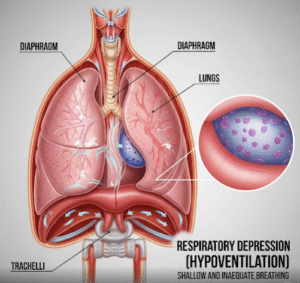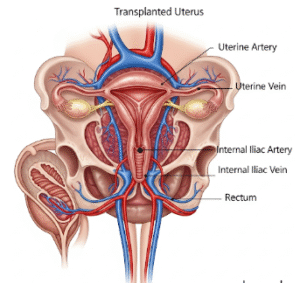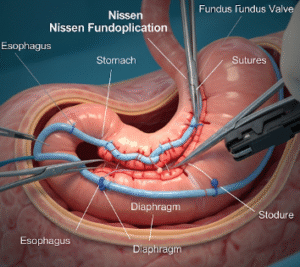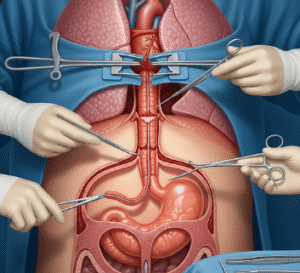Overview
Syringobulbia is a rare neurological condition characterized by the presence of a fluid-filled cavity (syrinx) within the brainstem, particularly in the medulla oblongata. This condition can lead to a wide range of sensory, motor, and autonomic dysfunctions. In Korea, advanced neuroimaging and neurosurgical expertise offer effective diagnostic and treatment options for managing syringobulbia.
What is Syringobulbia?
Syringobulbia refers to the formation of a syrinx (cyst-like cavity) within the brainstem, often in association with syringomyelia (a similar condition affecting the spinal cord). The cavity can disrupt the normal functioning of cranial nerves and autonomic pathways, leading to significant neurological symptoms.
It may occur as a complication of Chiari malformation, trauma, tumors, or inflammatory diseases, and may be congenital or acquired.
Symptoms
Symptoms vary depending on the extent and location of the syrinx in the brainstem but may include:
- Facial numbness or pain
- Difficulty swallowing (dysphagia)
- Hoarseness or vocal cord paralysis
- Nystagmus (involuntary eye movements)
- Vertigo or dizziness
- Sleep apnea
- Loss of pain and temperature sensation
- Weakness or muscle wasting (particularly in the tongue or face)
- Autonomic dysfunction (e.g., irregular heart rate or blood pressure)
Causes
Syringobulbia can result from:
- Chiari malformation (Type I) – the most common cause
- Syringomyelia – extension of syrinx into the brainstem
- Trauma – spinal or brain injury
- Tumors – compressing the brainstem or spinal cord
- Arachnoiditis – inflammation/scarring around the spinal cord
- Infections – such as meningitis or tuberculosis
- Congenital abnormalities
Risk Factors
- Structural brain or spinal cord abnormalities
- Previous brain or spinal surgery
- Chronic spinal infections or inflammation
- Trauma to the head or spine
- Genetic disorders affecting cerebrospinal fluid (CSF) dynamics
Complications
- Progressive cranial nerve dysfunction
- Respiratory failure due to brainstem involvement
- Difficulty speaking, eating, and swallowing
- Long-term disability if left untreated
- Increased risk of aspiration pneumonia
- Chronic pain or sensory loss
Prevention
There is no guaranteed way to prevent syringobulbia, especially in congenital cases. However, early diagnosis and management of associated conditions such as Chiari malformation or spinal injuries can help reduce the risk. Regular follow-ups and imaging for individuals with syringomyelia are essential.
Preventive strategies may include:
- Monitoring and managing CSF flow disorders
- Avoiding spinal cord trauma
- Timely treatment of infections and inflammation
Treatment Options in Korea
Korea has world-class neurosurgery and neurology departments capable of handling rare and complex neurological disorders like syringobulbia.
Diagnosis:
- MRI (Magnetic Resonance Imaging): The gold standard for identifying syrinx formation in the brainstem
- Brainstem evoked potentials: For assessing cranial nerve function
- Neurological exams: To evaluate reflexes, sensation, and motor control
- Sleep studies: In cases with sleep apnea symptoms
Medical Treatment:
- Symptomatic management:
- Pain medications
- Anticonvulsants (e.g., gabapentin) for neuropathic pain
- Muscle relaxants
- Speech and swallowing therapy
- Ventilatory support if respiratory symptoms are severe
Surgical Treatment:
Surgery is often required when symptoms are severe or worsening:
- Posterior fossa decompression (commonly used for Chiari-related cases)
- Shunt placement to drain the syrinx
- Endoscopic decompression in certain cases
- Tumor removal if a mass is causing obstruction
Rehabilitation:
- Physical therapy to manage motor symptoms
- Occupational therapy for daily activities
- Regular neurologic follow-up and MRI monitoring













